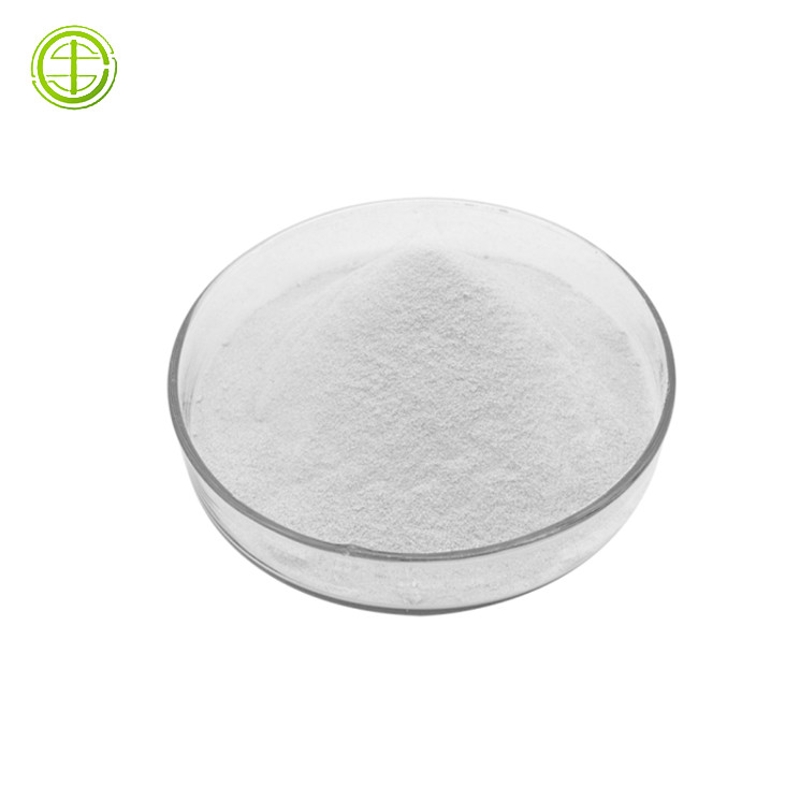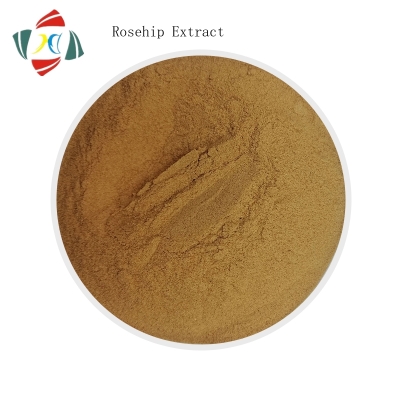-
Categories
-
Pharmaceutical Intermediates
-
Active Pharmaceutical Ingredients
-
Food Additives
- Industrial Coatings
- Agrochemicals
- Dyes and Pigments
- Surfactant
- Flavors and Fragrances
- Chemical Reagents
- Catalyst and Auxiliary
- Natural Products
- Inorganic Chemistry
-
Organic Chemistry
-
Biochemical Engineering
- Analytical Chemistry
- Cosmetic Ingredient
-
Pharmaceutical Intermediates
Promotion
ECHEMI Mall
Wholesale
Weekly Price
Exhibition
News
-
Trade Service
October 21, 2020 // -- The occurrence of cancer is a highly complex process that involves multiple genes and signaling path path paths that are in an upward or downward state at different stages of cancer growth and diffusion, and the two genes most commonly altered in cancer are called p53 and AKT.
recently, in a study published in the international journal Nature Communications, scientists from institutions such as the Morpette Cancer Research Center used research to reveal how the TAp63 protein controls the levels of RNA molecules, linking them to the activity of p53 and AKT to advance cancer.
Photo Source: Pixabay/CC0 Public Domainp53 is the most highly mutant gene in cancer, and the mutation p53 affects the expression of a downstream protein called TAp63 and blocks its anti-cancer activity, eventually leading to tumor progression, as well as AKT is an important mediator in cancer progression, which controls the proliferation, migration, invasion and survival of cancer.
Previous studies have found that TAp63 may be a tumor suppressor gene whose activity loss may induce tumors to develop and spread, and in the next study, researchers want to use research to determine the molecular mechanisms of TAp63's lack of function that induce cancer, thereby hijacking these mutations in treatment to overcome the mutations of p53, and the results may help researchers clarify the link between TAp63 and lncRNA.
the study, researchers used a variety of laboratory studies and mouse studies to find that TAp63 may help regulate the expression of lncRNA; they wanted to determine the association and function of these lncRNAs, and found that lncRNAs stimulate cell migration and invasion, called TROLL-1 The high expression of 2 and TROLL-3 lncRNAs is directly related to the progression of breast cancer, and it is important that the reduction of TROLL-2 and TROLL-3 inhibits the formation of a variety of tumors in mouse bodies, including breast cancer, melanoma and lung cancer.
In addition, the researchers found that TROLL-2 and TROLL-3 are highly expressed in a variety of human metastatic cancers, suggesting that these lncRNAs may serve as potential prognostic markers for tumor progression and potential targets for the development of anticancer therapies;
In cancer cells that are missing TAp63 activity, TROLL-2 and TROLL-3 bind to WDR26 in the nucleus, thereby inhibiting their interaction with NOLC1 and facilitating WDR26 from the nucleus to the cytometh, where WDR26 stimulates the AKT signaling path, thereby increasing cell migration and invasion, and promoting tumor progression.
reveals complex interactions between multiple proteins and lncRNAs or highlights several key points in the signaling path, which may serve as reliable prognosmation markers and therapeutic targets for cancer, including TROLL-2, TROLL-3, and WDR26, or interactions between these molecules and AKTs. 'In this study, we identified key mechanisms for the activation of akT path paths mediated by TAp63-regulated lncRNAs (TROLLs), and the results may help researchers develop effective diagnostic tools for cancer progression, as well as new therapies to fight metastasis cancers that carry TP53 changes and overactivated PI3K/AKT signal path paths,' said Flores, a researcher at
.
original source: Marco Napoli et al, Pan-cancer analysis reveals TAp63-adjusted oncogenic lncRNAs that promote cancer progression through AKT activation, Nature Communications (2020). DOI:10.1038/s41467-020-18973-w







